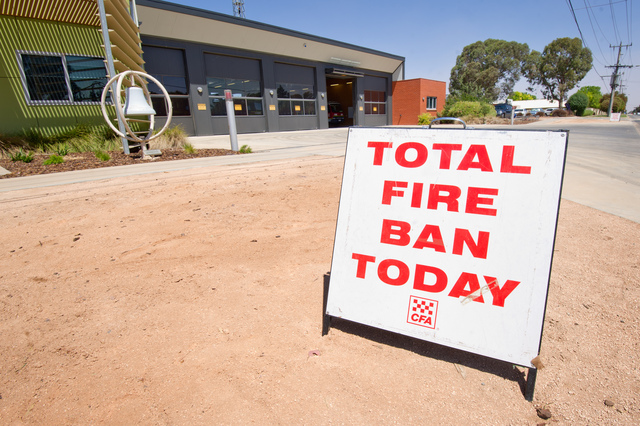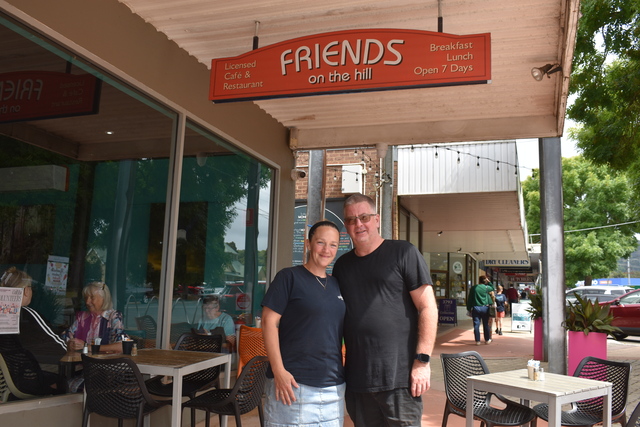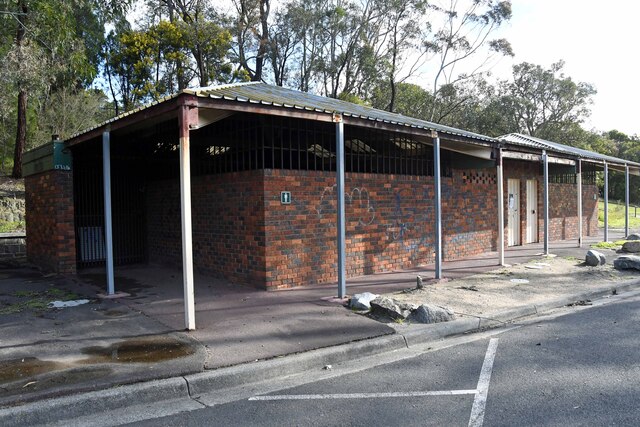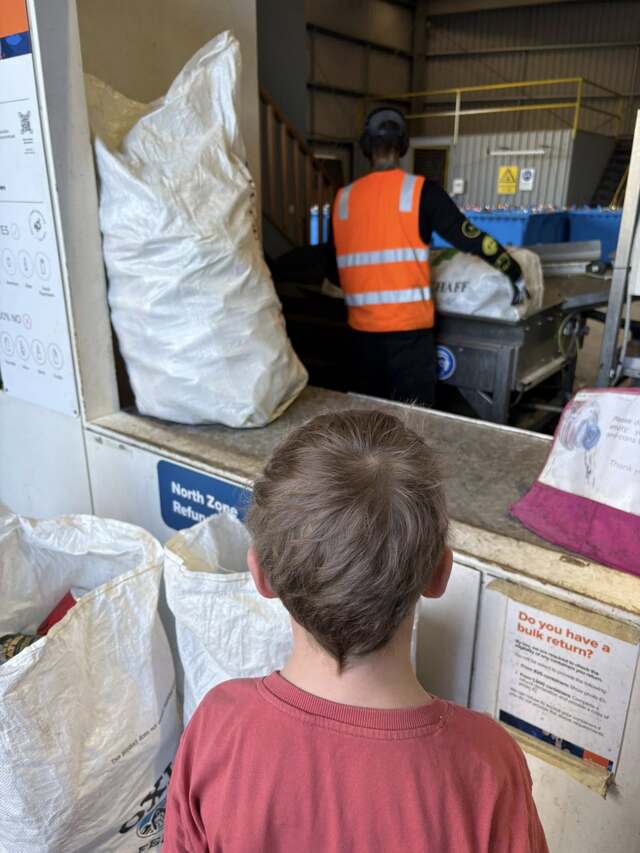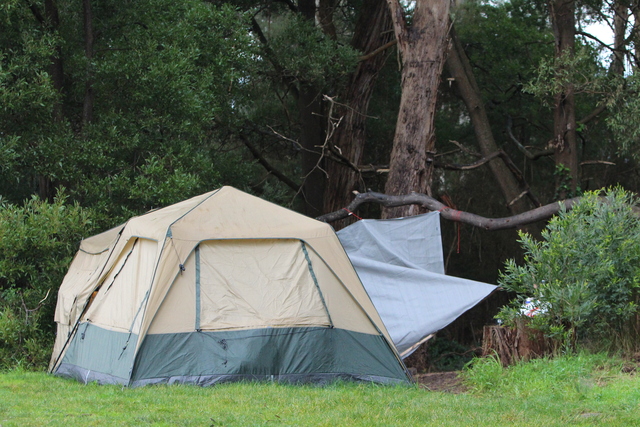By Ed Merrison
THE Knox Ratepayers Association (KRA) has criticised what it calls the spend, spend, spend mentality of council officers, despite welcoming the lower than usual rate increase in the council’s draft budget.
KRA president Peter Baird said the group, which supported six of the current councillors in last year’s elections, said the new council had made a start on controlling rates in Knox.
“At last we have a budget where rates will only go up by roughly the CPI (Consumer Price Index).
“This has been achieved without any cuts to services – even though the members of the former council said this was impossible,” Mr Baird said.
Mr Baird said the KRA supported the introduction of a $116 waste service charge for standard litter collection, denying that it would adversely affect all pensioners and low income earners.
“We are, of course, sympathetic with the plight of pensioners and low income earners, but this charge will even out costs as between owners of higher and lower value properties, property values have no necessary connection with ability to pay,” he said.
But Mr Baird said the KRA was disappointed there was any rate increase at all.
Mr Baird branded a $500,000 contingency figure in the proposed budget unacceptable, saying the council should either explain the provision further or use the money to further reduce rates.
The capital works budget increase from $14.4 million to $16.2 million also came under fire with council management blamed for perpetuating the urban myth that the budget for maintenance and renewal of council assets must continue to expand.
“Council only has to resolve to spend less and it will not need to reach these excessive targets,” Mr Baird said.
Mr Baird also called for a freeze in council staff numbers after 15 new positions were included in the budget and slammed the possibility of a performing arts centre in Knox.
“This idea should be killed off before it becomes another black hole for our rates,” he said.
But the council responded that the performing arts centre was at a conceptual stage.
The council’s plans for such a facility are currently limited to an investigation of potential funding sources, mayor David Cooper said.
Cr Cooper, who was endorsed by the KRA at November’s elections, also defended the $500,000 contingency amount as a means to ‘prudently deal with (unforeseen) circumstances’.
“The 2006-07 budget recognises the dynamic nature of managing the council’s financial resources, particularly in relation to events that cannot be reliably foreseen or budgeted for at the commencement of the financial year,” he said.
Cr Cooper said the council needed to invest in capital works projects to ensure Knox’s assets were available for future generations, and said it was too early to speculate on the possibility of future rate increases.
“Council will endeavour to ensure that planning for the community’s future needs and the long term wellbeing of the municipality, balanced with being financially responsible, are the guiding principles behind all budget deliberations and decisions, now and in the future,” he said.
Almost happy with budget
Digital Editions
-
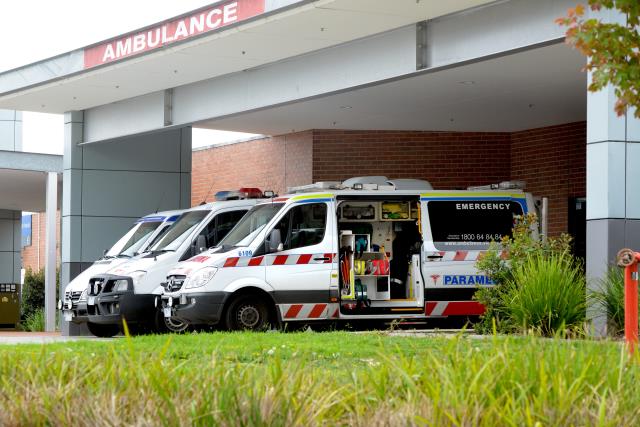
Stay vigilant around water this long weekend
Purchase this photo from Pic Store: 153243 Ambulance Victoria is urging people to take extra care in and around water this long weekend, as a…




